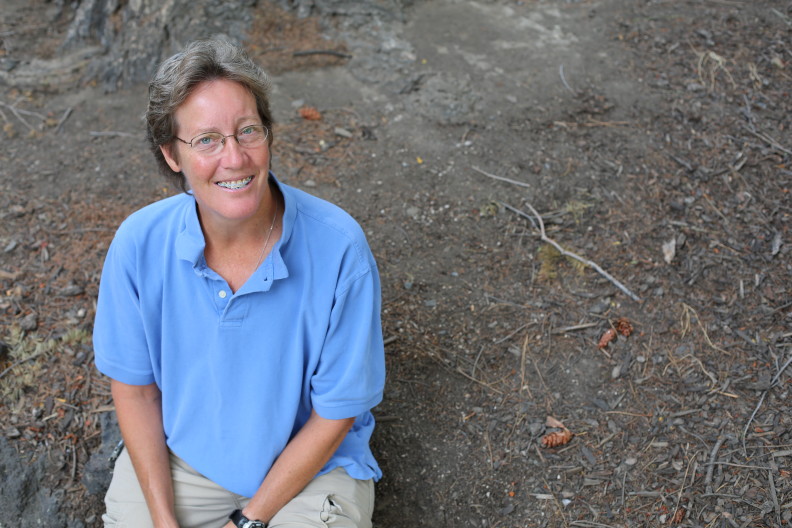Overview of Human-Animal Interaction
It has long been known that the interaction between humans and animals is powerful, and the bond between them can have positive impacts on both humans and animals. Since COVID-19, we know that even more so.
The term “human animal interaction” (HAI) is an umbrella term for the study of this dynamic relationship, but is a fairly recent term and applies to all areas of practice and research that include some kind of interaction (i.e., therapy, intervention, assistance) between humans and animals. This includes work that may be identified under more familiar terms, such as animal-assisted therapy, animal assisted activities, or human/animal bond. Fine (2010) refers to human animal interaction as being in the early stages of development, and only recently gaining credibility within national funding agencies. The College of Education also helped WSU launch an HAI online course.
We believe it is a field that is growing and providing new and exciting possibilities for research and practice.
Current research
Phyllis Erdman, a professor in the WSU College of Education, and a team of collaborators from Colorado State University, the University of San Francisco and Palo Alto University, conducted a large survey of dog owners to find out how social isolation and other stressors associated with COVID-19 are influencing the bond between people and their pets.
Of the 4,105 dog owners surveyed, the vast majority reported their pets are playing a critical role in helping reduce feelings of depression, anxiety and loneliness. Many of the respondents also reported their pets were helping them maintain a regular schedule, cope with uncertainty, be compassionate towards themselves and find purpose in their lives.
Media coverage:
Past research
Path to Success: An Equine Assisted Growth and Learning Program (Fall and Spring semesters)
PATH to Success is an equine assisted growth and learning program that is directed at healthy youth development. It was developed at Washington State University (WSU) by Sue Jacobson (Director of the People Pet Partner-ship program in the College of Veterinary Medicine) and Phyllis Erdman (Associate Dean in the College of Education) in the fall of 2008. It began as an extension of the Palouse Area Therapeutic Horsemanship (PATH) program at WSU, which is a Premier Accredited Center of the the Professional Association of Therapeutic Horsemanship International (PATH Intl) (previously North American Riding for the Handicapped Association [NARHA]). PATH was established in 1979 to provide recreational, therapeutic horseback riding lessons for youth and adults with disabilities.
The goal of PATH to Success is to enhance children’s social competency and well-being and consists of weekly after-school sessions. We work with PATH horses to help children develop better communication and leadership skills, greater self-awareness and esteem, and positive approaches to cope with life stress.
Path to Success: A Shared Journey (Summer program)
In the summer of 2011, we offered our first summer program, entitled Path to Success: A Shared Journey. This is a two-week program designed to work with parent/child teams to help them work on shared goals, including better communication, conflict resolution, problem solving, and responding to stress. Each team will work closely with one of our four gentle equine partners that are part of our WSU PATH/Path to Success programs. Activities will include primarily ground work with the horses, such as observing and learning about herd dynamics, learning how to walk together and lead the horse through obstacle courses, and working together with their horse to understand horse and human communication. Additionally, there will be non-equine activities, such as relationship building, communication exercises, self-awareness activities, and group processing.
Video from the Animal Health: https://www.youtube.com/watch?v=vIGw0D-ZiNM.
















































